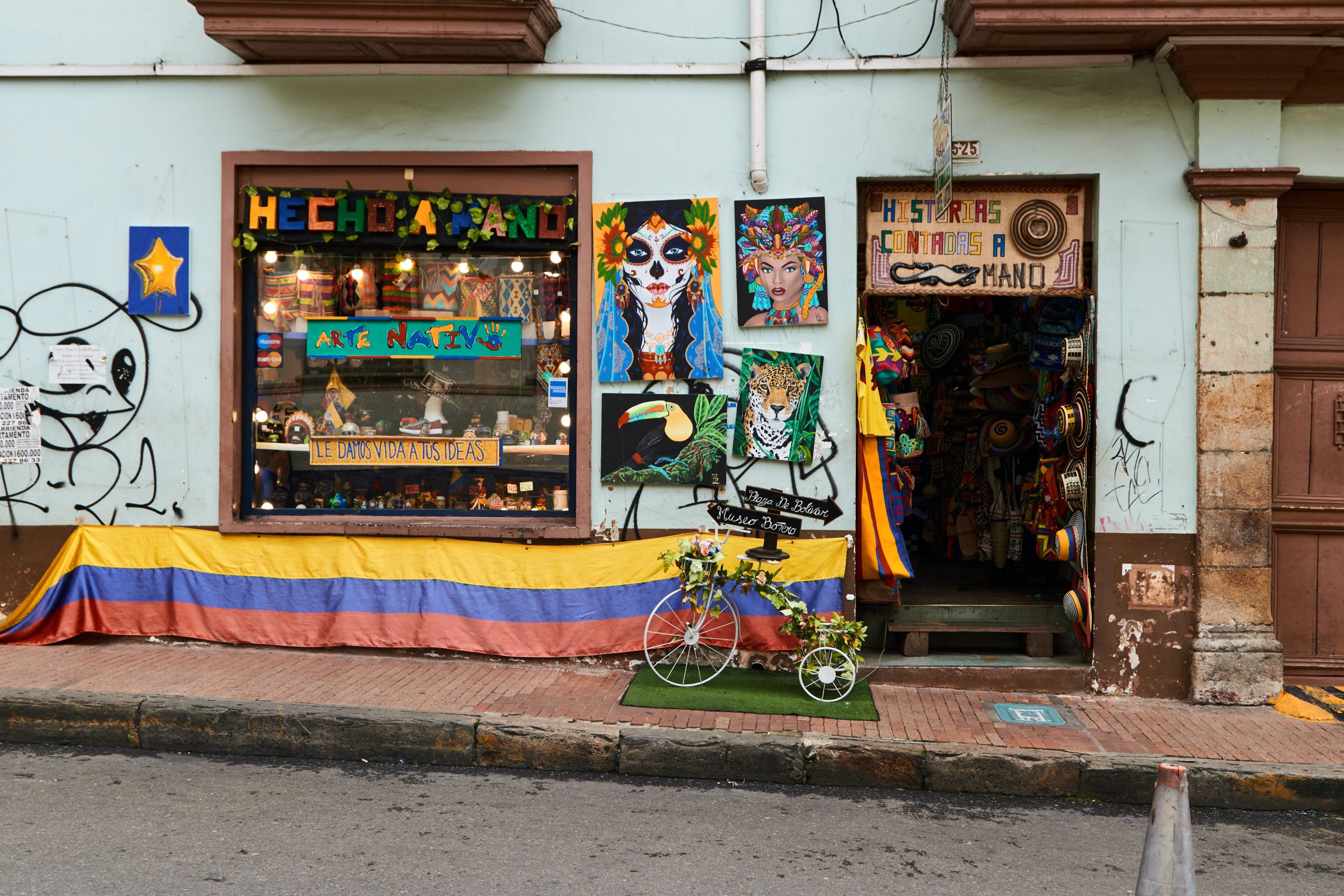
Is it a good time to invest in hotels?
In recent decades, tourism has been one of the main engines for economic development in hundreds of countries. However, the pandemic has hit this industry to the point of exposing it as the most vulnerable to global crises. According to the International Labour Organization (ILO), efforts to contain the pandemic could cause a contraction of the tourism economy of between 45% and 70%, and it is unlikely that it will return to normal in the near future.
However, these events, far from reducing it, have increased investors’ appetite for the purchase, sale and / or rental of hotel companies. Plus, the opportunities are palpable. Many hotel companies will put part of their assets up for sale. As Laura Hernando , Managing Director of the Colliers International hotels department said : “There will be access to hotels that, without a pandemic, the owners probably would not have considered selling.” In the case of Riu Hotels, there were three hotels in Spain, Portugal and Panama. The NH chain is another that emerges from its subsidiaries in Mexico and the Dominican Republic.
From January to date, some movements have already been made. Pontegadea’s investment strategy, the Amancio Ortega fund, made a sale and lease back agreement to acquire Senator Hotels & Resorts for $ 30.5 million. Camper closed an agreement to buy Tito’s from the Cursach Group. The emblematic nightclub located in Madrid will reopen transformed into residential or tourist buildings. Mazabi sold the Iberostar Selection Santa Eulària in Ibiza and bought a hotel in Menorca. And I could continue the list.
Consequently, as prices are declining, demand will continue to increase. The Marriot chain affirms this by adding 19 resorts to its family of hotels. It is clear that the main reason for the tourism crisis is consumers’ fear of leaving their homes and health and mobility restrictions. But, with the advancement of vaccination programs, people will regain confidence, which may be what motivates this dynamism in investments in the sector. Management in the tourism sector corresponds to a long-term strategy and, as investors, we must pay attention to the potential of that investment that we could visualize in it.
Although its vulnerability has become clear, it is also true that the sector has historically demonstrated its ability to overcome situations of economic slowdown, as occurred after the serious epidemic of Severe Acute Respiratory Syndrome (SARS) in 2003 and the global financial crisis. from 2008-2009. The concrete solutions will be different in each country, and the pace and scope of recovery will depend, logically, on international developments.
However, as the directors of Deloitte Financial Advisory, Africa Palau and Marc Molas argue , despite the risk scenario, the situation is different from the 2008 crisis, because “we have a more robust financial system and, therefore, the credit crunch from the 2008 crisis should not be a limiting factor in the recovery now ”. In addition, the World Tourism Organization (UNWTO) confirmed that it is working on a Global Guide for Recovery through the Crisis Management Committee created in the wake of the pandemic.
I have no doubt that we are facing a situation that gives way to growth opportunities. Beyond the immediate priority of mitigating the effects of the pandemic, we must create a “new normal” for tourism. Diversification, sustainable architecture and the progressive implementation of technologies that adapt to people’s needs are key factors for the recovery of the sector. Good topic for another article.



